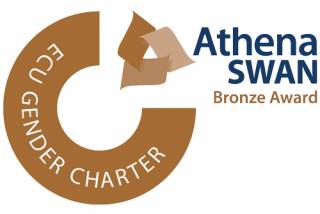The notion of athletic competition has changed since ancient Greece: what are the differences and how have they affected the way we view athletics today?
What do the differences between ancient and modern rewards for victorious athletes tell us about the evolution of the athletic ideal?What observations can we make about the way the athletic body was presented in sculpture? Do they represent real athletic bodies?
Why is the idealisation of the athletic body important for the Greeks and how does it connect with contemporary ideas about physical and moral beauty?
The Victory Ode was a literary genre that praised exclusively athletic victories; what were its major components? Why did the genre disappear?
How important was religion for the ancient Games? How was worship connected with the Games?
How and why is participating in sport linked with Greekness and Greek civic identity?
Why were the Olympic Games the ideal setting for the development of diplomatic and political relations?
The Olympic Peace Movement promotes cease-fire for the entire duration of the Olympic Games. Is this an ancient concept? What did it mean for the Greeks?
Ancient Games are often idealised (especially, but not exclusively when it comes to rewards and athletic motivation) but what was the reality both for the athletes and the audience for the Games? What were the conditions, the physical setting at Olympia and the way people competed at the Games?
How has the role of women in the Olympics changed from antiquity to de Coubertin's age to the modern era? Was there any place for women in ancient athletics according to our sources?
The popular belief is that the modern Olympics are a revival of the ancient Olympics. Is this statement correct? What do we know about De Coubertin's intentions and reasons for the creation of the modern Olympics?
Baron de Coubertin's initiative led to the creation of the Modern Olympic movement. What were the historical and cultural circumstances that inspired him?
How far back can we trace 'Olympic' events in Britain and why did the organisers of these events choose names directly related with the ancient Olympic Games?
Why do the organisers of the modern Olympic Games feel the need to constantly create links with ancient Greece using classical imagery?
Why is the word 'Olympic' and Olympic imagery used very often in non-athletic settings?
Why has athleticism been thought as the ideal means for promoting political propaganda?
Can we accept that representations of sporting activity and athletic achievements on vases and statues are realistic depictions of sports? What happens if we try to reproduce them?
 Close
Close



